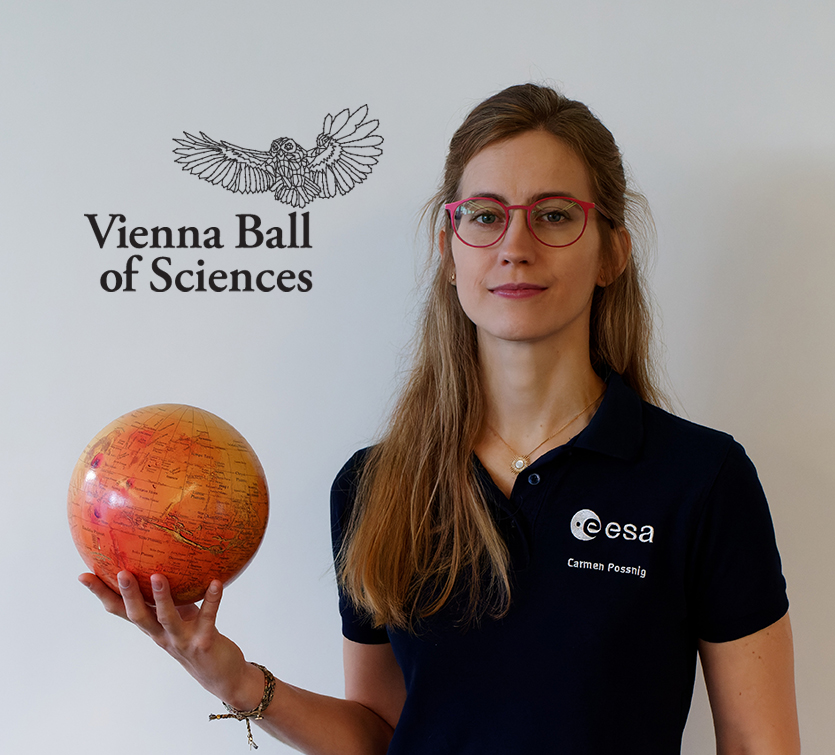Even as a child, I was inspired by the diaries of heroic explorers – Robert F. Scott and Fridtjof Nansen, who explored the North and South Poles, Alexander von Humboldt and Joseph de Jussieu, who traversed the deepest jungles, and Amelia Earhart and Heinrich Harrer, who ventured to the highest heights.
Science takes many different forms and for me it is a kind of voyage of discovery. Both are about venturing into unknown territory. Expanding knowledge, gaining fascinating insights and then sharing them with others.
The art of following your own curiosity and exploring new ideas is something essential for our society. It gives us the tools to develop ourselves further. For centuries, new discoveries have been something that allows us to look beyond horizons, change perspectives and go beyond what we thought were our limits.
It is science that will allow us to explore even more distant alien worlds. Space is our new unknown horizon. We will be travelling back to the moon in the next few years, and Mars is now also within our grasp. However, space is so much more alien than a mountain top or tropical jungle could ever be. It is a huge step compared to past adventures. Scientists from a wide range of disciplines are working together to find innovative ways to make astronautical exploration of the Moon and Mars possible. With every step we take, we are not only striving to find answers to important questions, but we are also asking completely new questions that we didn’t even know we could ask before.
For me, the fascinating thing about space science is therefore the fusion of adventure, science and the spirit of discovery – and the opportunity to follow our deeply human curiosity into the unknown.
Carmen Possnig is a general practitioner and was selected as a member of ESA’s astronaut reserve in November 2022. Between 2017 and 2018, she spent 13 months as a research physician (MD) at the Concordia Station in Antarctica, where she was responsible for conducting ESA biomedical and psychosocial research experiments Since 2020, Possnig has been a PhD student in the Department of Space Physiology at the Institute of Sports Science at the University of Innsbruck, Austria. Her research focusses on changes in the cardiovascular system and blood flow to the brain caused by microgravity.
